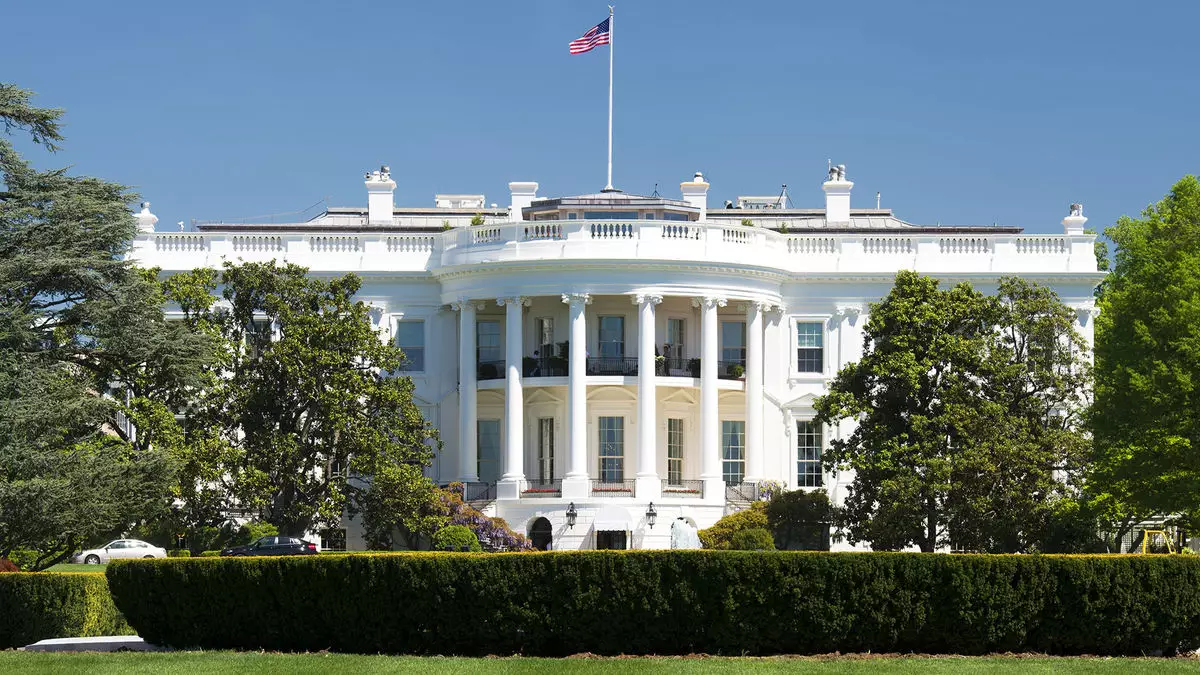The American Society of Travel Advisors (ASTA) recently voiced its priorities to the incoming Trump administration, addressing vital issues that stand to shape the travel industry. Central to ASTA’s concerns are travel bans, airline ticket refund policies, and the classification of workers, all of which could potentially destabilize an industry that is still recovering from the fallout of the COVID-19 pandemic and residual political turbulence. As the country gears up for another Trump presidency, industry stakeholders must remain vigilant about proposed regulations and their implications for the travel landscape.
A significant point of contention is the possible reimplementation of travel bans, a move Trump has indicated he may revisit. The original travel ban enacted in January 2017 disadvantaged the travel and tourism sectors, projecting an unwelcoming image to international visitors. Zane Kerby, the CEO of ASTA, emphasized that any such restrictions could hinder inbound tourism, a sector that is intricately linked to national economic stability. The repercussions of the previous travel bans were felt far and wide, establishing an environment of uncertainty that exacerbated an already volatile market. The fear that such policies might resurface, particularly targeting individuals from conflict-ridden regions like Gaza, poses serious concerns not just for the travel industry but for the nation at large.
Another pressing issue highlighted in ASTA’s communication is the rules governing airline ticket refunds. Following the introduction of a new Department of Transportation (DOT) rule, the obligation to refund customers falls primarily on travel agencies when they act as the merchant of record. This is particularly troubling as many agencies may not have the financial means to support these refunds. ASTA urges the new administration to refine these regulations by imposing a more manageable timeline for airlines to reimburse travel agencies, thereby mitigating the risk of financial strain that could jeopardize their operations.
The reclassification of workers, particularly independent contractors (ICs), is another complex issue at the forefront of ASTA’s agenda. The recent alterations in the Department of Labor’s rules have introduced ambiguity into how travel agencies classify their workforce, which is heavily reliant on ICs. ASTA argues for a return to the regulations established in 2021 that offer a more straightforward classification guideline. Clear and consistent worker classification is essential for protecting the interests of travel agencies while fostering a healthy employment landscape conducive to growth and adaptability in the rapidly changing travel sector.
In addition to addressing IC classification, ASTA advocates for reconsideration of the Labor Department’s overtime rules. Following a federal court’s decision that reverted the salary threshold for overtime-exempt workers to $35,568, there exists a fear that the new thresholds might inhibit the ability of travel agencies to attract and retain talent. Kerby’s appeal to the incoming administration urges reconsideration of the ongoing appeal of this court decision, highlighting a desire for stability that allows travel businesses to thrive.
ASTA has also sought clarity regarding hotel junk fees and how they affect travel agents. The concern centers around the FTC’s rule that could allow consumers to file complaints against travel agencies for inaccurate information received from hotels. ASTA has proposed the introduction of a “safe-harbor mechanism,” which would protect agencies acting in good faith from potential legal repercussions stemming from the actions of third-party providers. Acknowledging the complexity and intricacies of the travel booking process, this proposed exemption seeks to create a more equitable playing field for travel advisors.
There is a noted lack of representation for travel advisors within key discussions shaping air travel policy. In light of this, ASTA has urged the creation of the Passenger Experience Advisory Committee within the DOT, emphasizing that travel advisors account for 40% of all air ticket sales. Without the vital input of these professionals, regulation discussions may be missing crucial insights that could lead to better outcomes for both consumers and travel agencies alike.
As the new Trump administration sets its agenda, it is vital for the travel industry to engage in advocacy efforts that prioritize both economic recovery and consumer confidence. ASTA’s detailed requests reflect not only an awareness of the challenges facing the industry but also a proactive approach to shaping policies that promote collaboration, transparency, and fair practices. In a world still grappling with the aftereffects of a pandemic and political upheaval, the travel industry must find common ground with policymakers to navigate the intricacies of this evolving landscape successfully.

